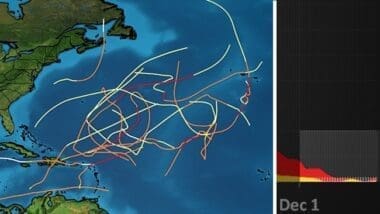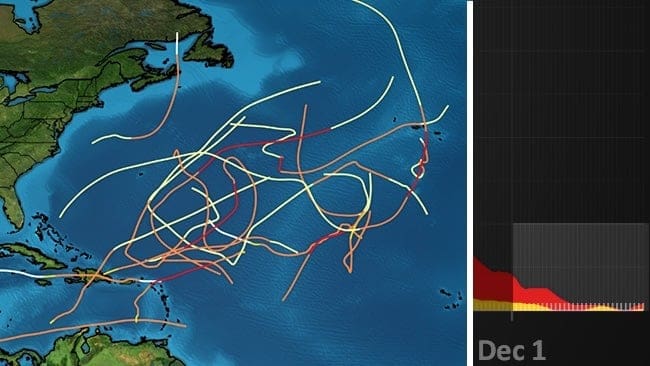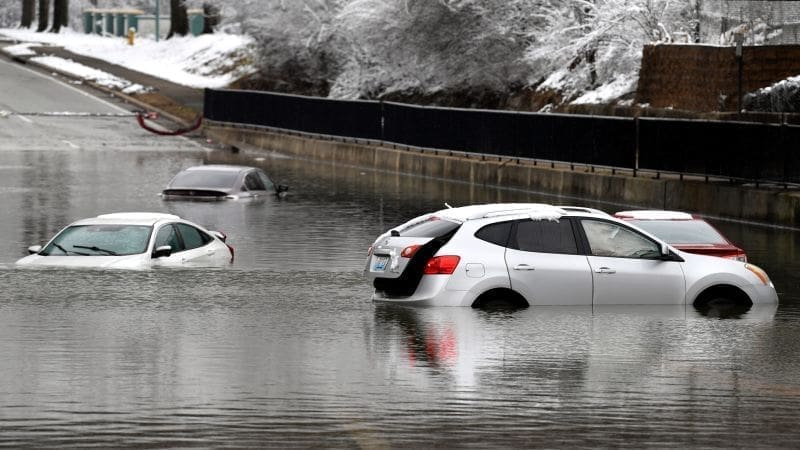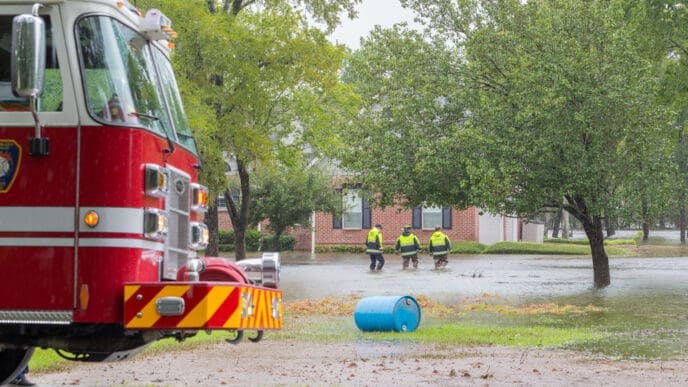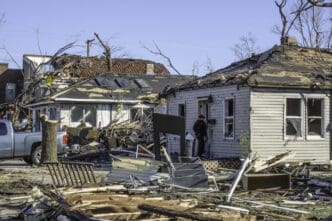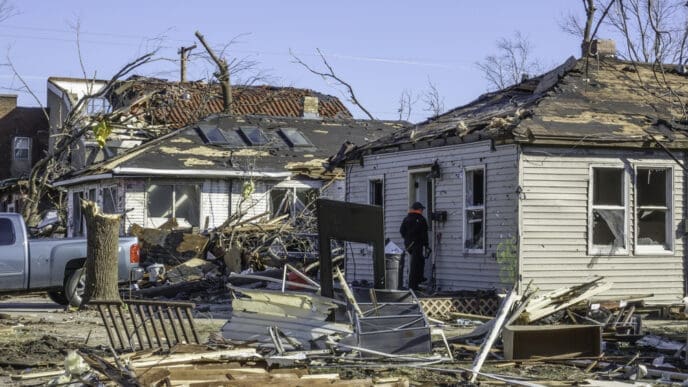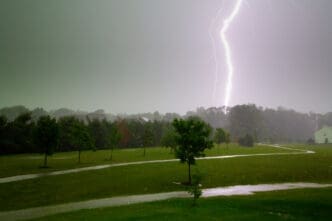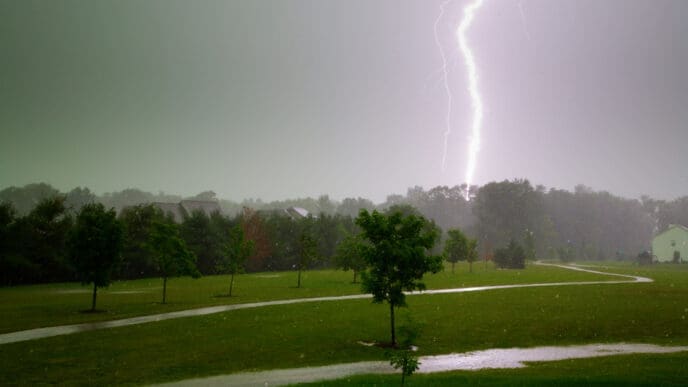On November 30, the official Atlantic hurricane season concludes, yet the threat of hurricanes lingers into the winter months. Cases of tropical storm development beyond November have been documented, challenging preconceived notions of hurricane season boundaries.
The Atlantic hurricane season traditionally spans from June to November, a timeframe established in 1965 prioritizing easy recall. During this period, over 97% of Atlantic Basin storm activity is observed. However, historical data indicates that December and even later months have witnessed hurricane formation.
In the past eight years alone, there have been instances of December hurricanes. NOAA’s records show 13 storms have formed in December since 1851, four of which elevated to hurricane status. Notably, Hurricane Lili just days before Christmas in 1984 marked the last December hurricane. January too has seen its share of storms, most recently an unnamed subtropical storm in 2023 and Hurricane Alex in 2016, the strongest January hurricane on record. Track maps reveal that these off-season hurricanes mostly remain distant from land, predominantly traversing the open Atlantic.
Despite their rarity, off-season storms can still leave significant impacts. Hurricane Alex made landfall in the Azores in January 2016, and Tropical Storm Olga caused deadly flooding in Hispaniola in December 2007. January 1955’s Hurricane Alice also brought destructive winds and rain to the northern Leeward Islands. Furthermore, a February storm in 1952 resulted in crop damage in South Florida, and a March hurricane in 1908 hit the Leeward Islands.
These post-season storms typically arise from non-tropical sources. According to Eric Blake of the National Hurricane Center, they often form due to upper-level lows and cold fronts, requiring unique conditions to develop. A common pattern is a cutoff upper low sitting over unusually warm waters beneath a blocking pattern, as seen with Hurricane Alex in 2016.
While the Atlantic hurricane season officially ends in November, the potential for storm development persists into winter. Historical occurrences underscore the need for year-round awareness and preparedness for such unpredictable weather events.
Source: Weather

